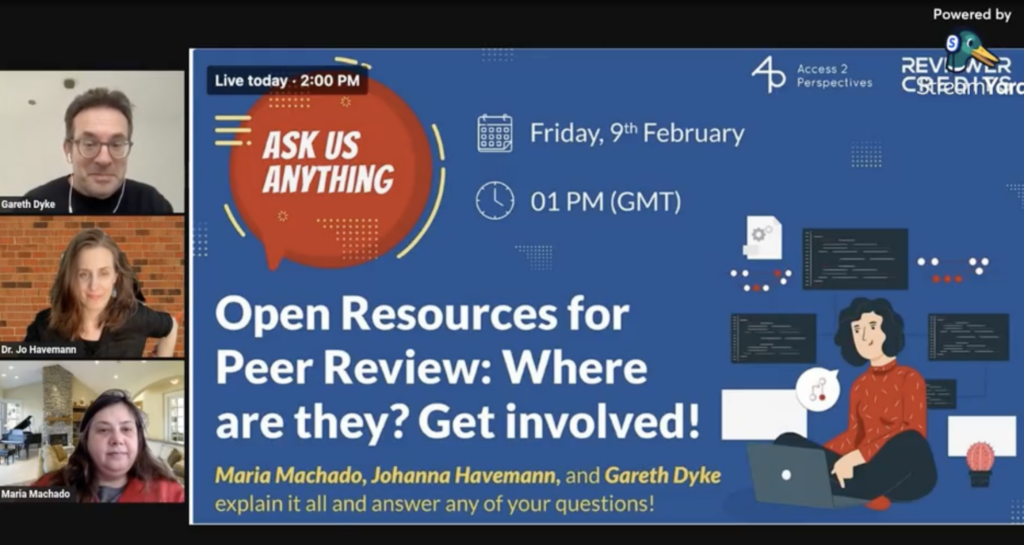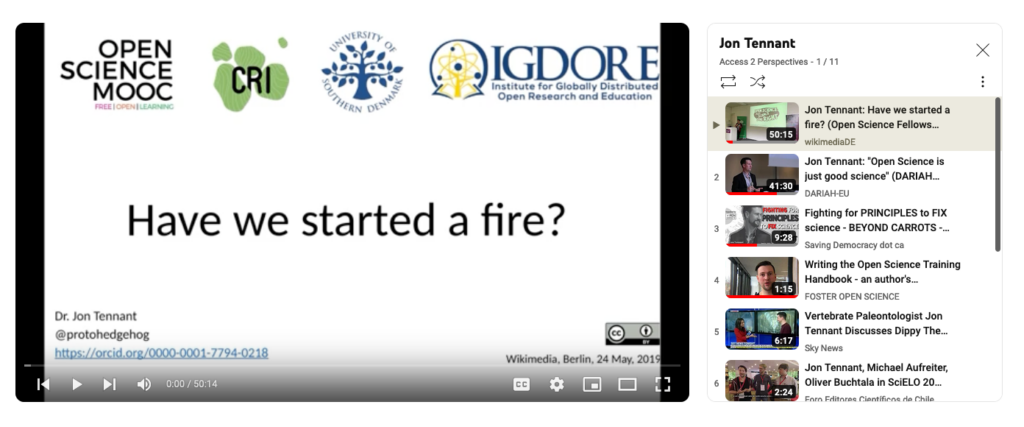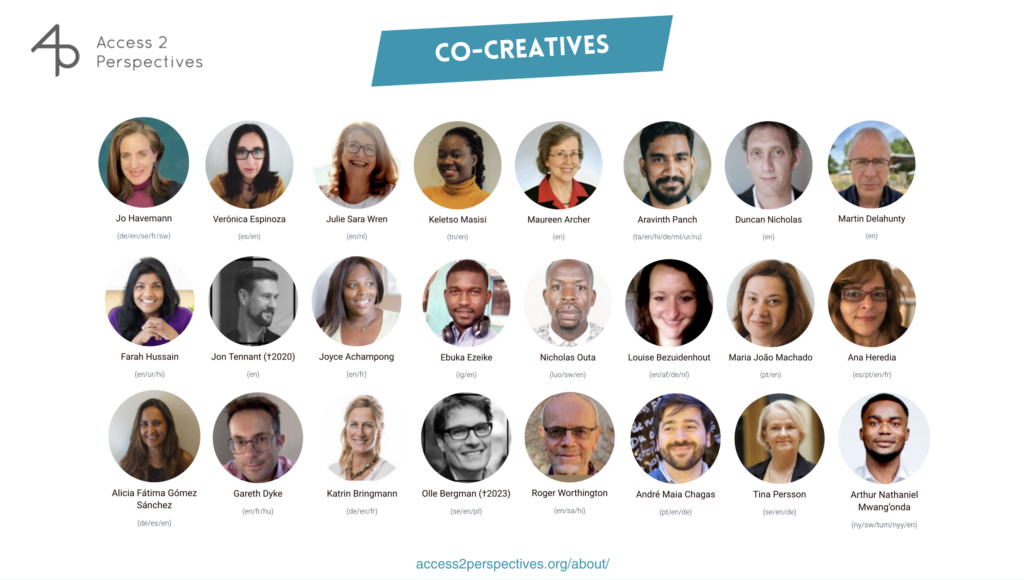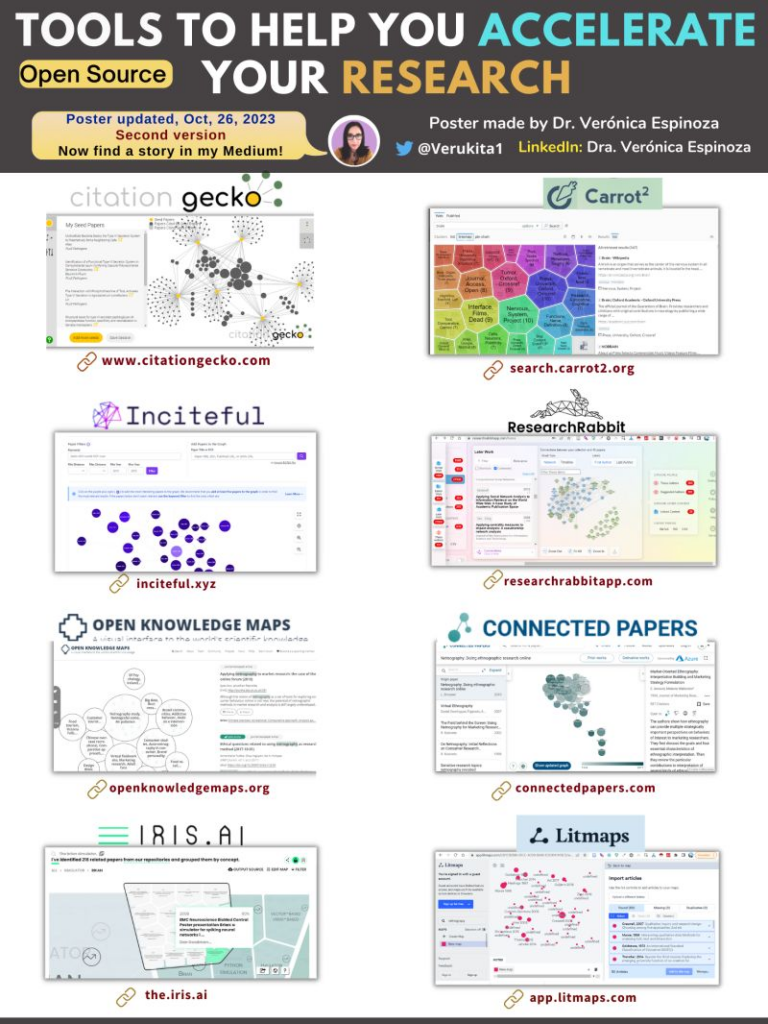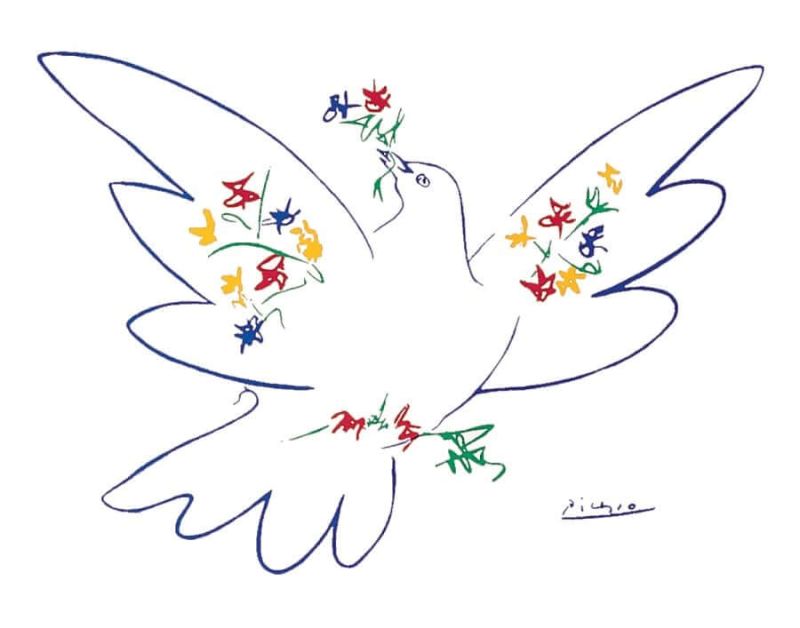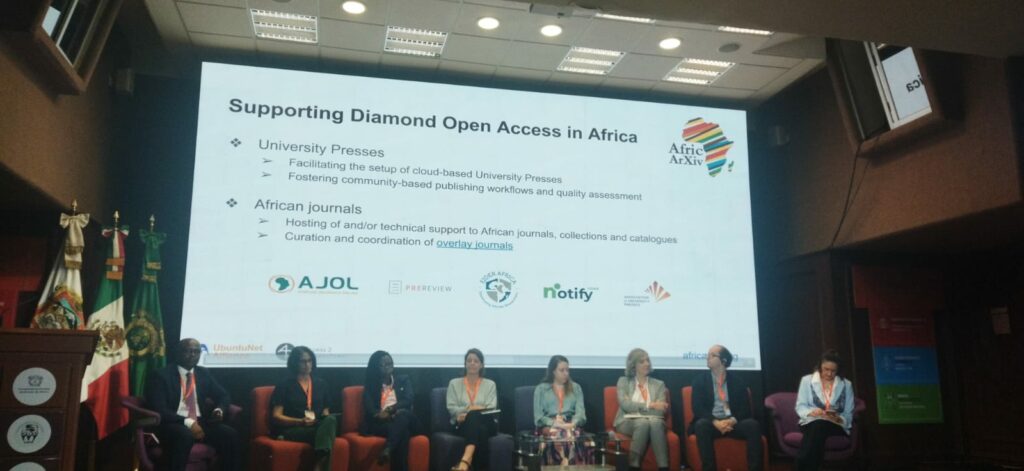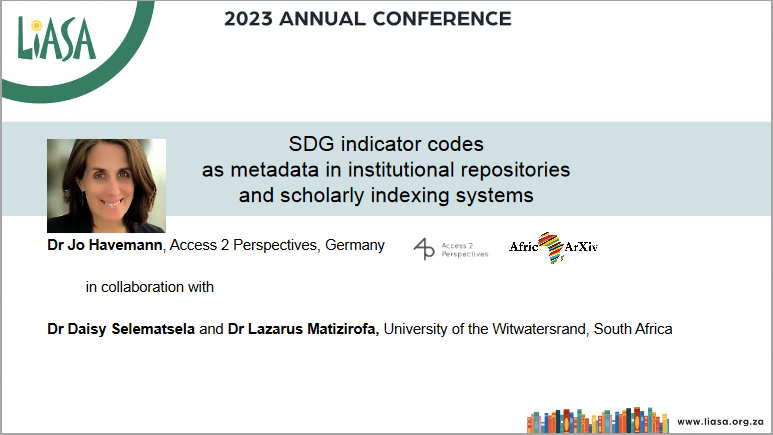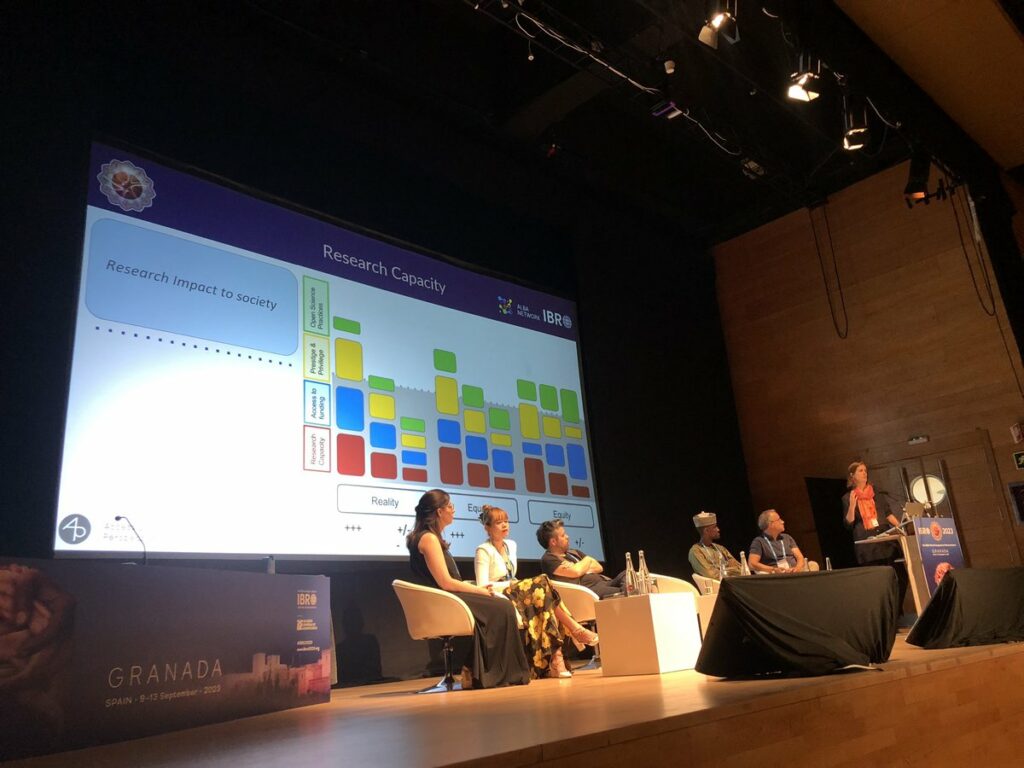Let’s Enhance Peer Review Standards for Quality Research Publications, together!
Very happy to announce an initiative co-created by Maria Machado, Gareth Dyke, and me that we hope will be used by and contributed to across research stakeholders and in particular researchers, publishers, editors, and librarians.

